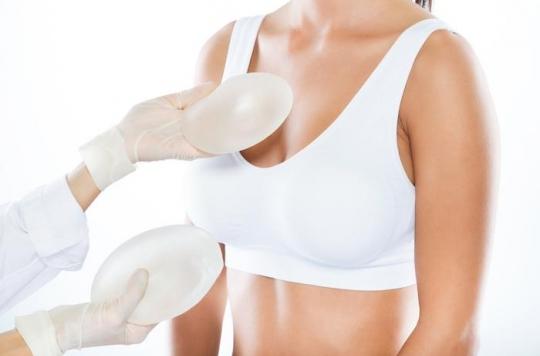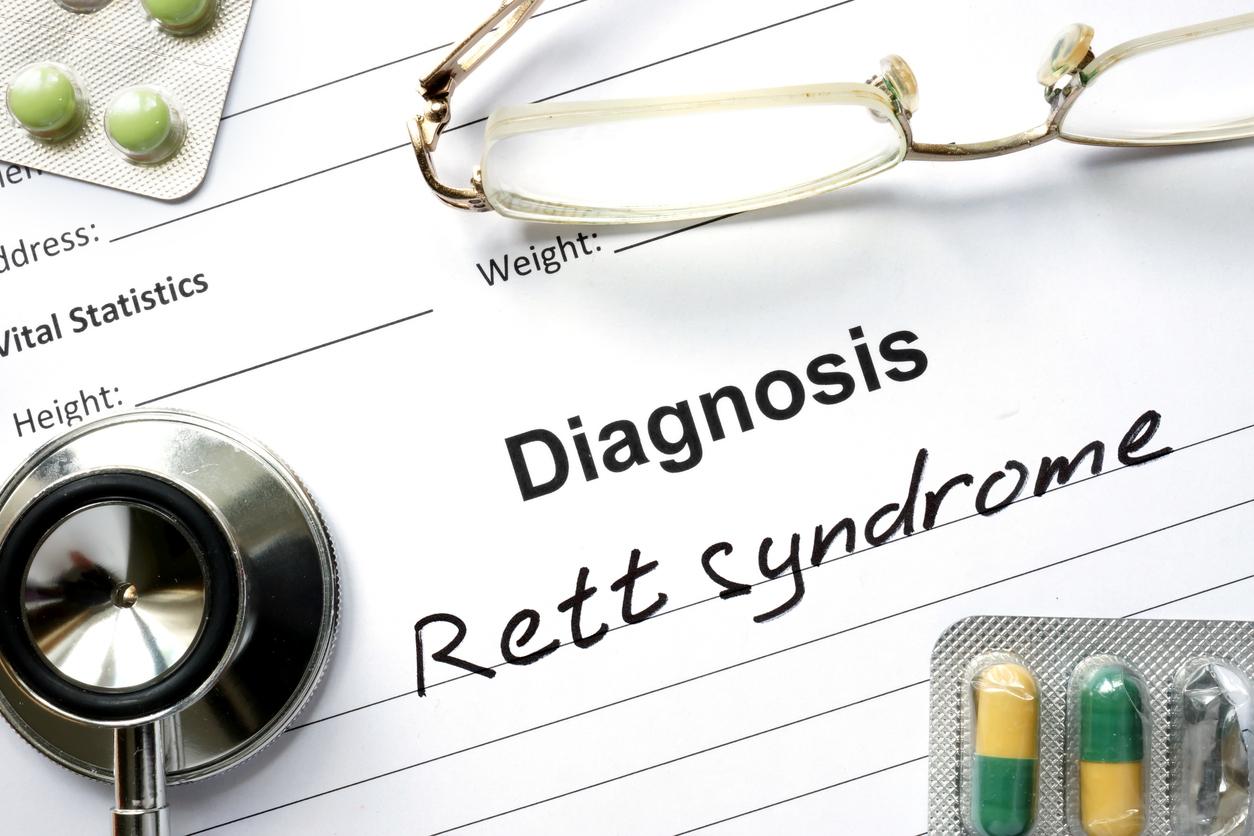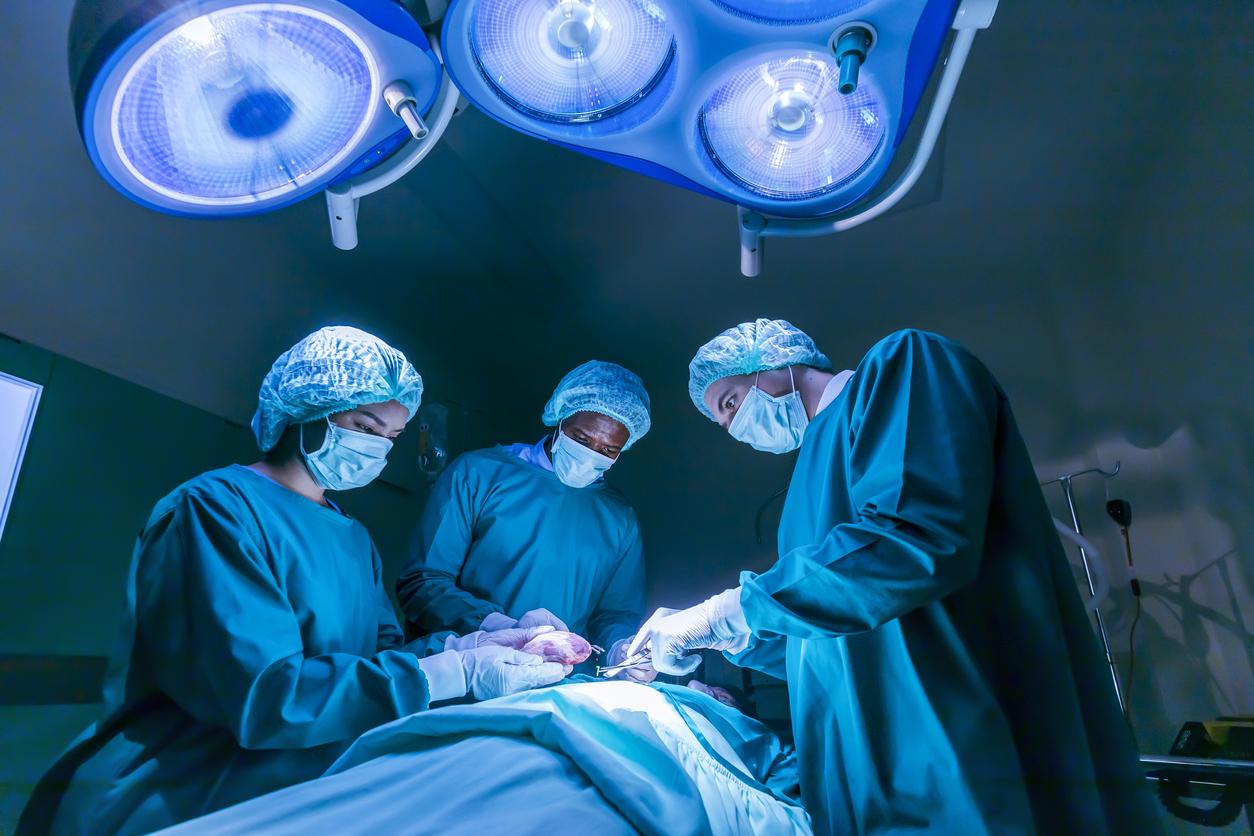Gougerot-Sjögren syndrome, scleroderma and rheumatoid arthritis … These autoimmune diseases are thought to develop more in women with silicone breast implants. An objective risk of skin cancer has also been identified.

It’s been proven: Women who have silicone breast implants have a higher risk of developing autoimmune diseases and skin cancer, reports a study published in Annals of Surgery.
With nearly 100,000 women followed in a registry since 2006, this is the largest study ever conducted on the subject.
The controversy over silicone breast implants
To understand what is at stake, we need to take a step back. In the early 1990s, the US Food and Drug Administration (FDA) banned the use of silicone breast implants in response to public concerns about health risks. In small studies, we were talking about possible cancers, increased risk of connective tissue diseases and autoimmune diseases.
As a result of this measurement, further, somewhat larger research did not reveal any link between breast implants and these diseases. In 2006, the FDA therefore approved the implants filled with silicone gel from two manufacturers (Allergan and Mentor Corp), stipulating that they were to in parallel compile registers of all women who received a silicone breast prosthesis to monitor their impact. long-term health and safety.
Gougerot-Sjögren, scleroderma and rheumatoid arthritis
In this context, the researchers analyzed the medical data of nearly 100,000 women. Over 80,000 have received silicone implants; the rest had implants filled with sterile saline. 72% of participants had primary breast augmentation, 15% revision augmentation, 10% primary breast reconstruction, and 3% revision reconstruction.
Compared to the general population, women receiving silicone implants have an increased risk of developing autoimmune diseases. Gougerot-Sjögren syndrome, which is about eight times the risk, scleroderma, which is seven times the risk, and rheumatoid arthritis, which is about six times the risk.
The risk of melanoma, a serious type of skin cancer, is also almost four times higher, as is the risk of stillbirth (4.5 times higher).
A higher risk of surgical complications
Compared to saline-filled implants, silicone implants are also linked to a higher risk of surgical complications. These include capsular retraction (scar around the implant), which occurs with 5% of silicone implants, compared to 2.8% with implants filled with saline. Capsular retraction occurred in 7.2% of primary breast augmentation cases and was the most common reason for reoperation in this group.



.
















